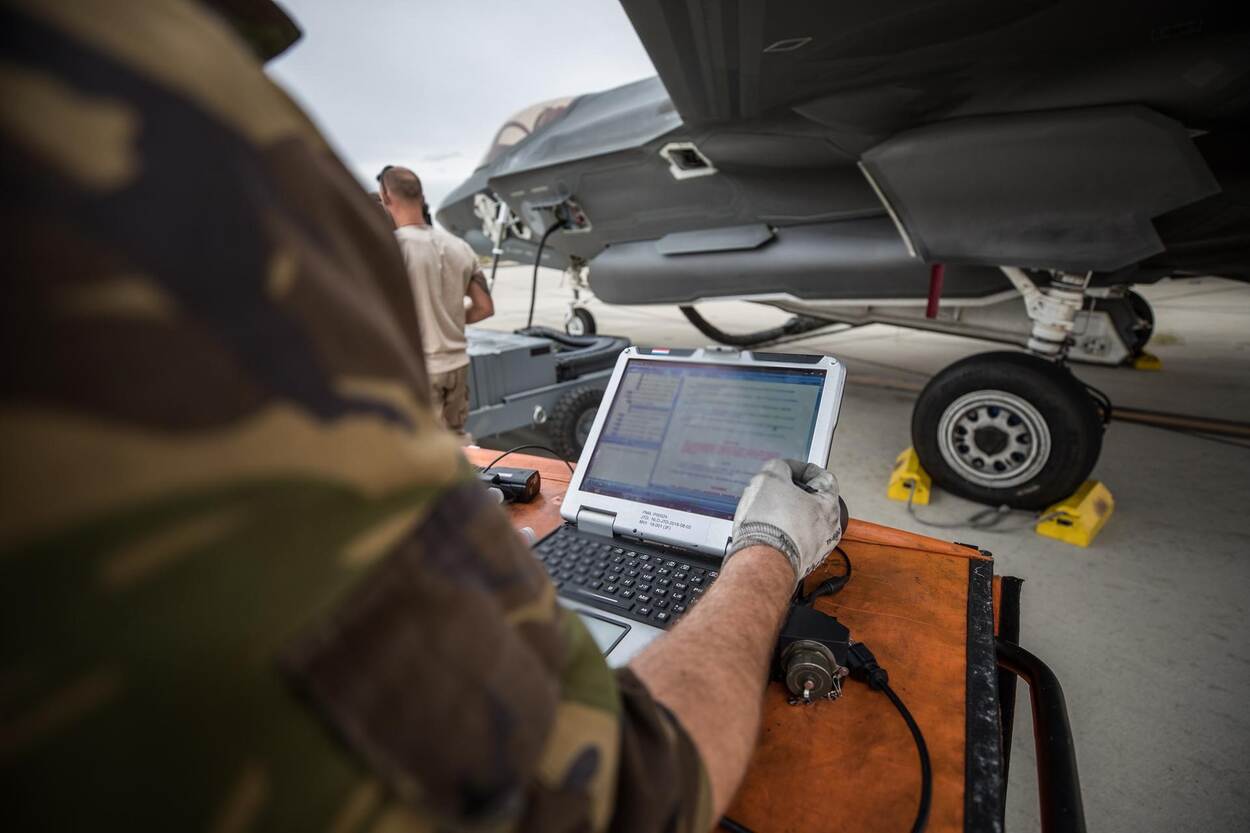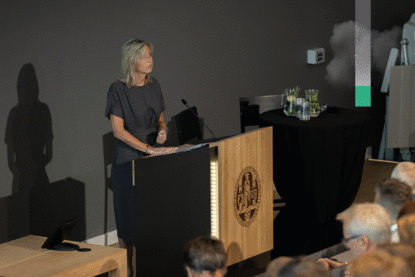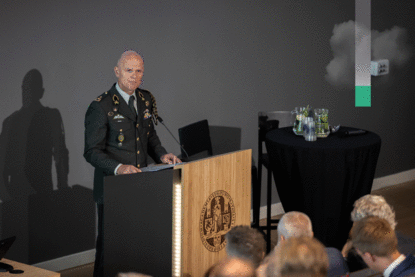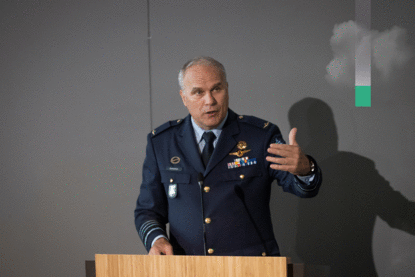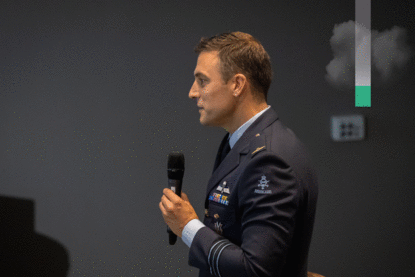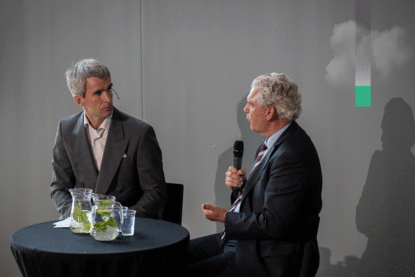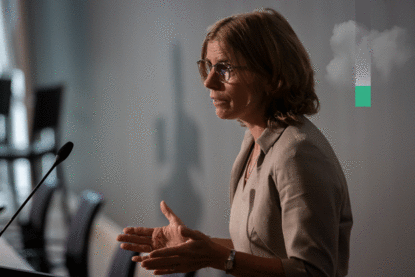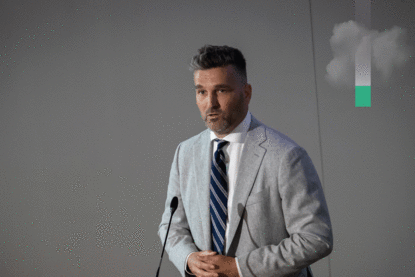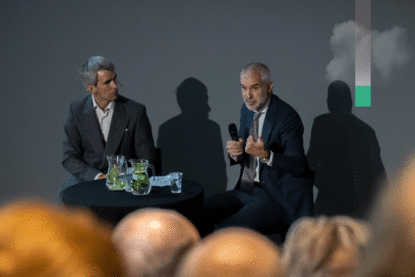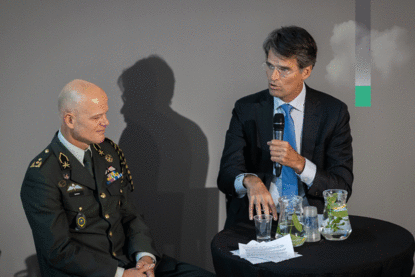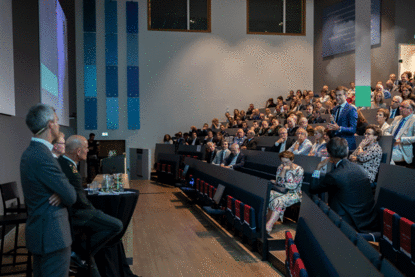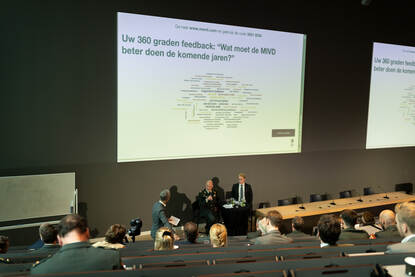Professor Bas Rietjens from the Netherlands Defence Academy (NLDA) sees the boundaries between internal and external security becoming more diffuse and he advocates greater cooperation in response to the increasing complexity in the security domain. We have three questions for this Professor of Security and Intelligence.
Which developments underlie the current, complex security situation?
‘The first is the changing nature of war and conflict due to hybrid threats, the permanent state of competition between countries and the deployment of non-traditional weapons. Privatisation also plays a role. In the US 80% of the total intelligence budget of $80 billion is spent on ‘contractors’. ‘You can’t spy, if you can’t buy’. The third development relates to globalisation. Everything appears to be interconnected. Distinctions between local, national and global elements are becoming blurred, erasing boundaries between internal and external security. Finally, rapidly developing technology has a significant impact.’
‘You can’t spy, if you can’t buy’

How can the Netherlands Defence Intelligence and Security Service (DISS) best respond to this complexity?
‘I think that various principles from the field of organisation science can be applied. For example by introducing variety within your organisation and by seeking cooperation with partner organisation and companies. You can’t do it on your own any more.’
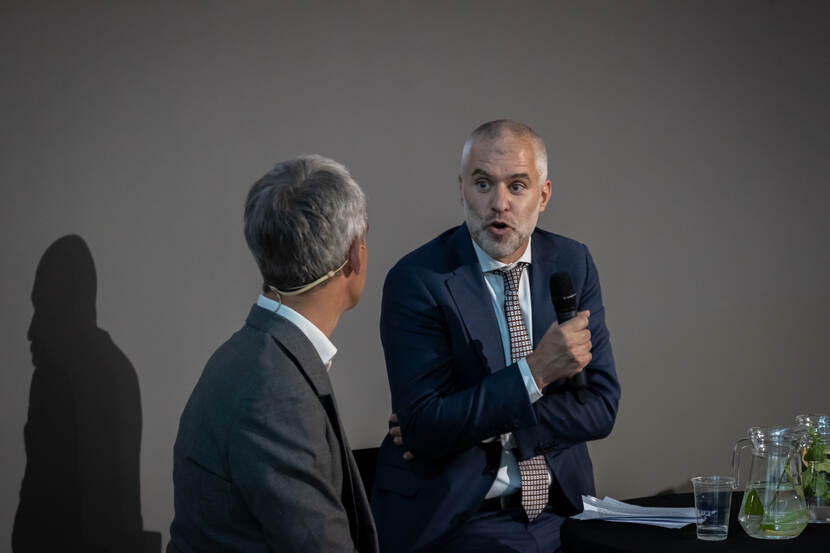
What is the role of open sources in all this?
‘It is impossible to ignore open sources, although I do envisage a number of obstacles. Intelligence services continue to underutilise open sources, possibly because they are perceived to have a lower status. In addition, if everything is intelligence, then nothing is intelligence. However, I see that the services are quickly overcoming these obstacles and advanced capabilities for analysing open sources are increasingly coming on the market. In any case there is a lot more to it than just three minutes of searching on Google.’

